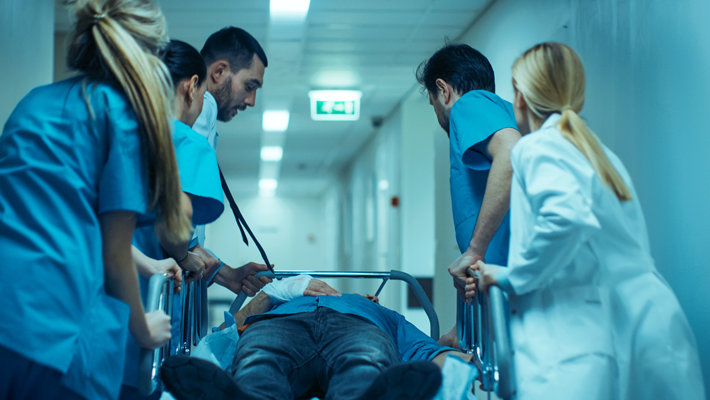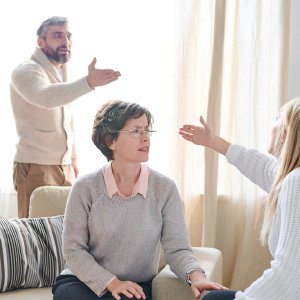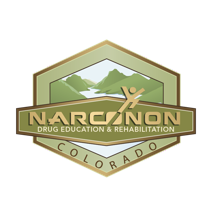What to Do After a Loved One Overdoses

It is a sad reality that drug overdoses are a daily occurrence in the United States. According to the Centers for Disease Control and Prevention (CDC), an average of 130 drug overdose deaths occurs every day in the United States. In 2017 more than 70,000 Americans died from a drug overdose. While these numbers are shocking, this is only a portion of the story because many more people than this have had an overdose and still live.
It is nearly impossible to track the total amount of nonfatal drug overdoses because they often go unreported. Countless people have had multiple overdoses throughout their lifetime. An overdose can occur by accident or on purpose—either way, it is a scary situation with underlying problems that need to be handled in a serious manner.
So what are the steps that a person should take if their loved one has overdosed on drugs or alcohol?
First, seek out medical attention.
If you suspect that a loved one has overdosed, calling 911 is the very first thing that should be done. If your loved one has overdosed on opioids and you happen to have Narcan on hand and know how to use it then you should administer the medication to them right away. If you give your loved one Narcan, you should still call 911 so that they may receive further medical attention to check for any other damage that may have occurred.
Second, seek out professional help.
It is crucial to reach out for professional help from an addiction treatment center after a loved one has overdosed. The person who overdosed may try to tell you that they are fine and have “learned their lesson” because they do not want to go to treatment. No matter what the person tells you, it is still wise to consult with an addiction professional regarding the incident as well as the person’s drug or alcohol use. Often a drug overdose is a sign that addiction treatment is needed, and many times people will be more willing to accept help for their addiction right after one has happened.
According to the CDC, people who have one overdose will more than likely have another one later on if the addiction is left unaddressed. It is for this very reason that the sooner a person is able to receive treatment for their addiction, the better. Do not let someone talk you out of going to treatment by saying they have been “scared straight” by the overdose. While this may be true at the time, it is not a long term solution. Unless the root causes of the addiction have been addressed it will usually only be a matter of time before the person begins to use drugs again.
Always remember that an overdose is a serious situation that needs to be addressed in a serious manner. Do not allow the situation to be downplayed because, in all reality, the person who overdosed almost lost their life. While they may have been lucky this time, all it takes is one more overdose to cause permanent damage or end someone’s life.
Further Reading:
- Signs and Symptoms of Drug Overdose
- Narcan May Save Lives But is it Enough?
- Making the Decision to Do an Intervention
- Building Up the Courage to Confront a Loved One About Their Addiction
Sources:


